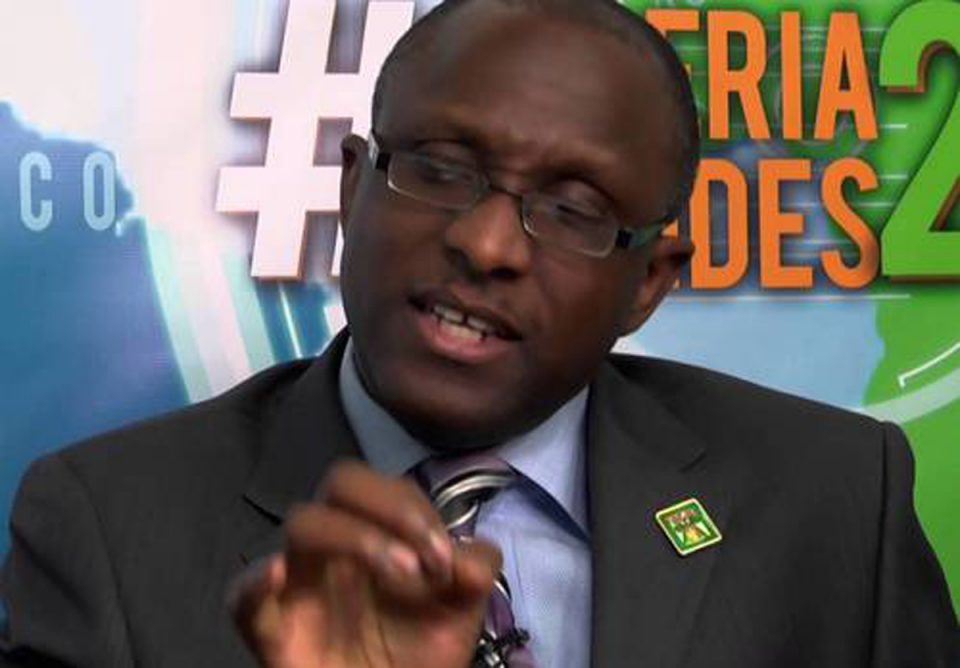Vice President Yemi Osinbajo says collaboration between the Federal Government and the private sector will ensure effective coordination of infrastructure development across the nation.
Osinbajo’s spokesman, Laolu Akande, in a statement on Tuesday in Abuja, said the vice president virtually inaugurated the National Council on Infrastructure set up by President Muhammadu Buhari.
According to the vice president, such collaboration will also bridge the nation’s infrastructure gaps.
“For efficient and effective implementation of infrastructure projects, the National Integrated Infrastructure Master Plan (NIIMP) recommended the establishment of the National Council on Infrastructure and its Technical Working Group (TWG).”
Osinbajo said the Federal Government’s NIIMP was developed to provide an integrated view of infrastructure development in Nigeria with clear linkages across key sectors and identifies enablers for successful implementation in line with the current economic realities.
“The NIIMP takes stock of existing infrastructure and specifically sets out the goal of raising Nigeria’s infrastructure stock to at least 70 per cent by the year 2043.
“The success of the NIIMP will depend, to a large extent, on the establishment of a strong implementation mechanism and framework that promotes performance and accountability.
“The National Council on Infrastructure is to provide policy direction on infrastructure matters and drive the creation and sustenance of the expected synergy and linkages between the public and the private sector to enhance the implementation of the Infrastructure Master Plan.”
He said the Technical Working Group would provide guidance to the Council and advise on all infrastructure related matters.
Osinbajo said in spite of the infrastructure deficit across the country, there had been deliberate and massive investments in road, rail and power infrastructure for rapid economic development by the present administration.
According to him, a fundamental feature of the Federal Government’s plan for the rapid development of the economy is a deliberate and massive investment in infrastructure.
“They include the second Niger bridge, the Lagos-Ibadan expressway, the Abuja-Kaduna-Kano Road (funded through the Presidential Infrastructure Development Fund); the construction and upgrading of about 5,000 km of major road projects across the country through the Sukuk bond.
“Rail sector investments include the Lagos Kano standard gauge lines, the Warri-Itakpe rail.
“In the energy sector, this administration has green lit NLNG Train 7, invested in the Ajaokuta-Kaduna-Kano (AKK) pipeline and is on track to complete an incremental 4,000MW of generating assets such as Zungeru Hydro and Kashimbilla Hydro to complement systemic reforms and investments in the distribution and transmission segments of the electricity value chain.
“The administration is investing more than 2 billion dollars in Distribution and Transmission through the Siemens Presidential Power Initiative, the Transmission, Rehabilitation and Expansion Plan, the CBN financed Transmission-Distribution Interface Programme and the recently approved 500 million dollars World Bank DISREP programme for the Distribution segment,” he said.
The vice president also highlighted the Federal Government’s N15 trillion Infrastructure Corporation (InfraCorp Nigeria) in 2021, the Reviewed National Integrated Infrastructure Master Plan (2020-2043) and the National Development Plan 2021-2025.
Osinbajo said the 2.3 trillion dollars estimated resource requirement for the National Integrated Infrastructure Master Plan implementation was too large to be provided from public resources alone.
He said that a well-coordinated and strategic approach would be required to harness private resources to increase the stock of Nigeria’s infrastructure to the desired level by the year 2043.
In his remarks, the Minister of State, Budget and National Planning, Prince Clem Agba, thanked the vice president for his leadership and selfless service to the nation.
Private sector members of the new council include the President of the Manufacturers Association of Nigeria (MAN), Engr. Mansur Ahmed and a representative of the Nigerian Society of Engineers (NSE), Engr Tasiu Wudil.
The vice president is chairman of the National Council on Infrastructure, and members include representatives of the state governors; Federal Ministers, heads of government agencies and members of the private sector.
They include the Governor of Ekiti State and Chairman of the Nigeria Governors Forum, Kayode Fayemi, Ministers of Finance, Budget and National Planning, Zainab Ahmed and the Attorney General of the Federation and Minister of Justice, Abubakar Malami.
Others are the Ministers of Works, Babatunde Fashola; Power, Abubakar Aliyu; Transportation, Mu’azu Sambo; Communications and Digital Economy, Isa Pantami; Water Resources, Suleiman Adamu and Aviation, Hadi Sirika.
More so, Minister of State, Budget and National Planning, Prince Clem Agba; CBN Governor, Godwin Emefiele; the President of MAN, Mansur Ahmed and National President of Nigerian Association of Chambers of Commerce, Industry Mines and Agriculture (NACCIMA), John Udeagbala are members.
The Executive Vice Chairman, Federal Competition and Consumer Protection Commission (FCCPC) Babatunde Irukera, and Managing Director, Nigeria Sovereign Investment Authority (NSIA), Uche Orji, among others made the list.
The Federal Ministry of Finance, Budget and National Planning, through its Infrastructure Delivery Coordinating Unit, has been strengthened further to function as the Secretariat for the Council.




